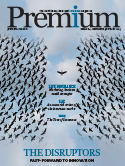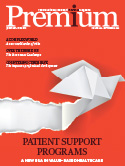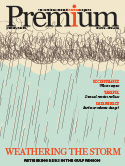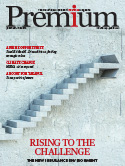Avoid stranded assets: Lloyd’s
The insurance industry could face asset-stranding and liabilities on a global scale as a result of climate change, according to a new report published by Lloyd’s.
The study, carried out in partnership with the University of Oxford Smith School of Enterprise and the Environment, looked at the impact of climate change-related regulation and taxation policies and how they could create “stranded assets” – assets that are subject to a sudden or unexpected write-down or devaluation. The report found this to be especially relevant for insurers and reinsurers exposed to vulnerable carbon-based assets and liabilities in the energy, commercial property and shipping sectors.
The report, Stranded assets: The transition to a low-carbon economy, recommends that firms should stress-test portfolios to build a picture of potential exposure to stranded assets or consider the specific environmental characteristics of investments in their portfolios whilst playing an active role in the development of legislation and regulation around environmental policy.
Commenting on the report, Trevor Maynard, head of Innovation at Lloyd’s, said: “As governments across the globe put in place frameworks to address the causes of climate change, insurers and reinsurers need to ensure they are not caught out on the wrong side of the debate. This study illustrates the importance of considering how climate change could impact the value of your assets, but more than that, it encourages the insurance industry to play a pro-active role in the development of policies and regulation with the knowledge and expertise that exists in this field.”
Ben Caldecott, director of the Sustainable Finance Programme at the University of Oxford Smith School, said: “Insurers and reinsurers price environment-related risks in their insurance policies but don’t always apply these same principles to their investments. Doing so would help avoid stranded assets and ensure investments are appropriately protected in order to meet liabilities.”





































